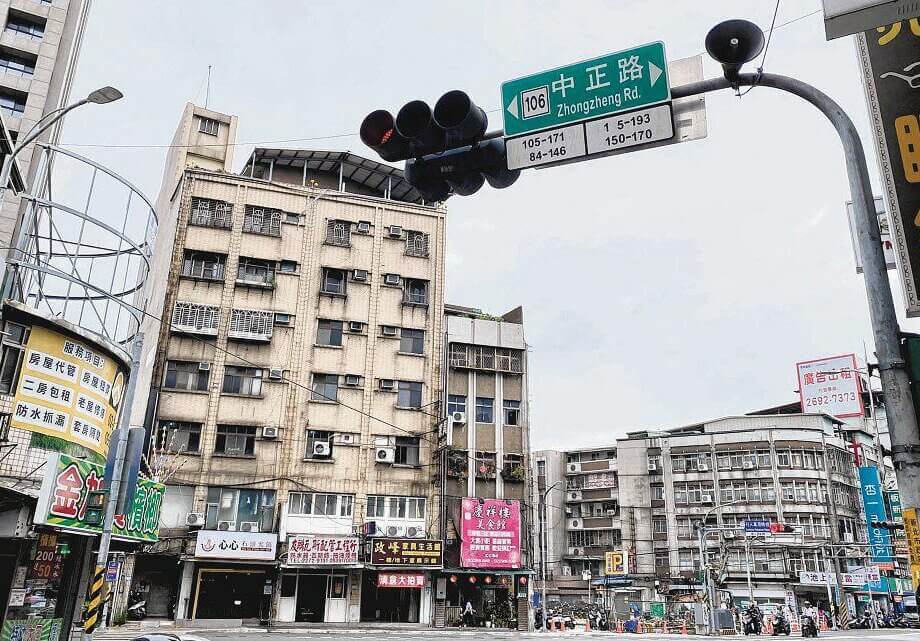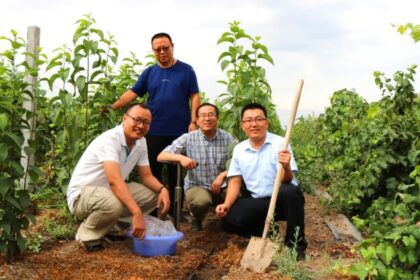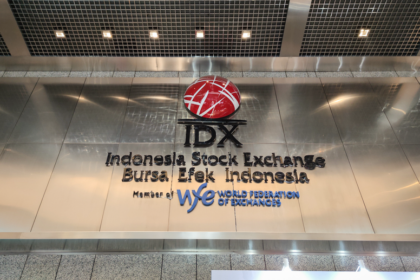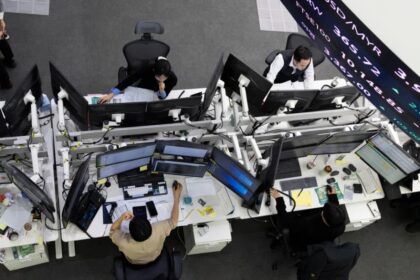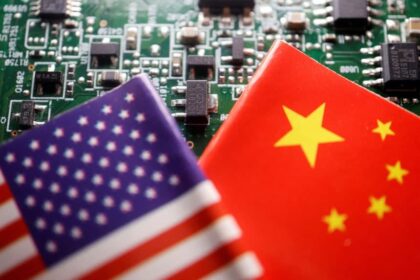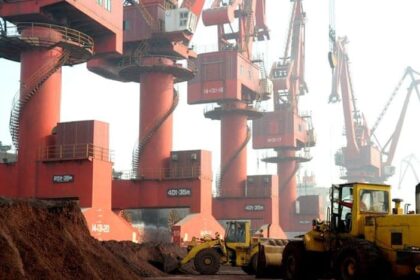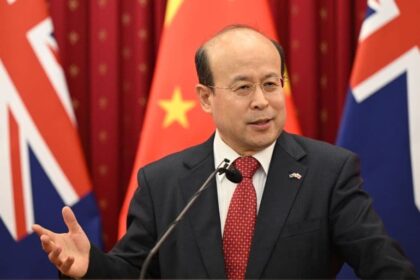The Controversy Over Renaming Taiwan’s Roads
Taiwan is once again embroiled in a heated debate over transitional justice, as the government considers a proposal to rename hundreds of roads that bear the names of former authoritarian leaders, most notably Chiang Kai-shek. The Ministry of the Interior (MOI) recently resurfaced the initiative, sparking immediate backlash from local officials, opposition politicians, and ordinary citizens concerned about the practical and symbolic implications of such a move.
Why Are So Many Roads Named After Chiang Kai-shek?
Chiang Kai-shek, who led the Chinese Nationalist Party (Kuomintang, or KMT) and ruled Taiwan under martial law from 1949 until his death in 1975, left a complex legacy. After the KMT retreated to Taiwan following defeat in the Chinese Civil War, the regime sought to erase Japanese colonial influence by renaming streets, schools, and public spaces. As a result, “Zhongzheng” (Chiang’s adopted name) became the most common street name across the island, with more than 300 roads still bearing the name today.
For many, these names are daily reminders of a painful authoritarian past. Assistant Professor Ma Chun-wei, a political science analyst from Tamkang University, explains:
“For some Taiwanese, anything related to Chiang is a reminder of a painful authoritarian past.”
However, others view Chiang as a leader who resisted communism and oversaw Taiwan’s economic development, making the issue deeply divisive.
Transitional Justice: Symbolism Versus Substance
The Democratic Progressive Party (DPP), which has prioritized transitional justice since coming to power in 2016, argues that removing symbols of authoritarianism is essential for a mature democracy. The 2017 Act on Promoting Transitional Justice mandates the removal or renaming of public symbols that commemorate authoritarian rulers. This includes not only road names but also statues and other markers.
Minister of the Interior Liu Shyh-fang has defended the proposal as a human rights issue, stating:
“The government cannot pretend to look at transitional justice only when there is money to do so, as that attitude does not reflect Taiwan’s democracy and rule of law.”
Despite these intentions, critics argue that the DPP’s focus on symbolic gestures comes at the expense of addressing pressing economic issues such as stagnant wages and soaring housing prices. Many voters, especially those in the political center, express frustration that the government appears more concerned with “surface” changes than with substantive reforms.
The Practical Challenges and Public Backlash
Renaming roads is not just a matter of swapping out street signs. It would require updating thousands of address records, business licenses, land deeds, and identification documents. In New Taipei City alone, officials estimate the cost of renaming all 22 Zhongzheng Roads could exceed NT$60 million (about US$1.8 million). The process would also create significant inconvenience for residents and businesses, who would need to update their addresses with banks, employers, and government agencies.
Victoria Lin, a resident of Zhongzheng Road in New Taipei’s Zhonghe District, voices a common concern:
“Do you know how much trouble it will be to have to change my home address with the banks and all that?”
Opposition politicians, particularly from the KMT, have seized on these concerns. Taipei Mayor Chiang Wan-an, Chiang Kai-shek’s great-grandson, accused the DPP of politicizing the issue rather than focusing on real governance. New Taipei Mayor Hou Yu-ih called the proposal “meaningless,” arguing that the government should prioritize solving everyday problems for citizens.
Government Response and the Path Forward
In response to the backlash, Premier Cho Jung-tai clarified that the Executive Yuan (Cabinet) has no immediate plans to mandate a nationwide renaming of roads. Instead, the decision will be left to local governments and their residents, with the central government emphasizing the need for broad consensus before any changes are enforced. The MOI has stated it will continue to promote the removal of authoritarian symbols but will consult with local officials and provide subsidies for renaming efforts.
Over the years, Taiwan has made sporadic attempts to remove symbols of its authoritarian past. Hundreds of Chiang’s statues have been taken down, and major landmarks like the main international airport have been renamed. Yet, more than 760 statues remain, and many public spaces still bear names from the KMT era. Efforts to remove these symbols often face resistance from those who see them as part of Taiwan’s history, not just its authoritarian legacy.
Broader Implications: Identity, History, and Justice
The debate over road renaming is about more than just street signs. It reflects Taiwan’s ongoing struggle to reconcile its complex history, assert its identity, and address the legacy of authoritarian rule. While transitional justice aims to right historical wrongs, critics argue that focusing on names and symbols can feel hollow if not accompanied by deeper reforms—such as addressing economic inequality, supporting indigenous rights, and ensuring accountability for past abuses.
As Taiwan prepares for future elections, the controversy highlights the delicate balance between acknowledging history, pursuing justice, and meeting the practical needs of citizens. The outcome of this debate may shape not only the island’s streetscape but also its political landscape for years to come.
In Summary
- Taiwan’s government is considering renaming hundreds of roads named after former authoritarian leaders, especially Chiang Kai-shek, as part of transitional justice efforts.
- The proposal has sparked significant backlash due to concerns over cost, inconvenience, and the prioritization of symbolic changes over substantive reforms.
- Local officials and opposition politicians argue that the government should focus on economic and social issues rather than renaming streets.
- The Executive Yuan has stated there are no immediate plans for a nationwide mandate, and decisions will be left to local governments.
- The debate reflects broader questions about Taiwan’s identity, history, and the meaning of transitional justice in a modern democracy.


